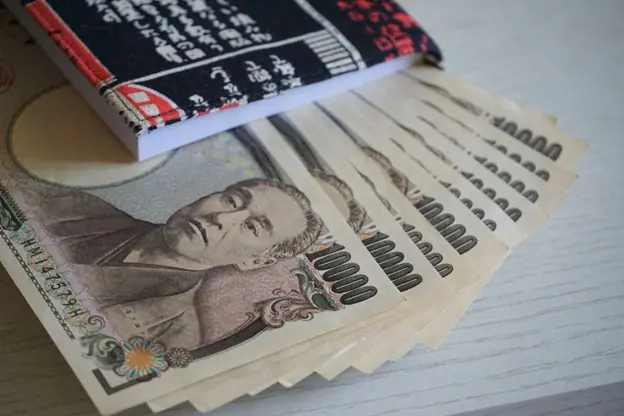The Bank of Japan (BOJ) has found itself in a delicate dance, caught between rising global inflationary tensions and the murky clouds of uncertainty blown in by Donald Trump’s latest tariff tirade.
And according to the IMF, it might be time for the BOJ to take a breather.
Is That the Right Call? Absolutely
While some market watchers might grumble about Japan’s delayed monetary tightening, the truth is: there’s no glory in rate hikes if the economy is flinching under the weight of global uncertainty.
Tariffs + Uncertainty Means No Time to Play Hero
Let’s talk about the elephant in the room: Trump’s aggressive tariffs.
Japan’s exports are being slammed with 24% levies, and while many of these duties are on pause until July, the 10% universal rate and the 25% car tariff are already denting confidence.
Companies are sitting on their hands, delaying investments, and shelving wage hikes. That’s not a healthy economy; that’s a waiting room.
As Nada Choueiri from the IMF aptly put it, “a lot of companies are on the fence.” And if businesses aren’t spending or paying more, inflation isn’t going anywhere fast.
So why rush to raise interest rates? Doing so could choke what’s left of the fragile growth.
BOJ’s 2% Inflation Target? Not Until 2027, And That’s Okay
The IMF just pushed Japan’s inflation convergence forecast to 2027, a full year later than originally expected. That’s not a failure. That’s realism.
Inflation in Japan has always been a slow burn. The BOJ knows it, the IMF knows it, and now it’s time for the rest of the world to accept it. Rather than hiking prematurely and potentially derailing recovery, the BOJ is showing strategic restraint, and that’s a sign of strength, not weakness.
The Sales Tax Debate is a Fiscal Tightrope
Now here’s where things get spicy.
As Japan reels from inflation and tariffs, there are calls to slash the sales tax or introduce more subsidies. Prime Minister Shigeru Ishiba is already trying to soften the blow by cutting gasoline prices and offering energy relief.
But the IMF isn’t having it.
And frankly? They have a point.
Japan’s debt is the highest in the developed world, and broad, long-term subsidies could turn a short-term headache into a chronic fiscal migraine. Any support should be targeted and temporary. Otherwise, future generations will be footing the bill for today’s relief.
The Yen Stays Golden
Despite all the turbulence, the IMF still calls the yen a safe-haven currency. That’s no small compliment in today’s jittery global markets.
With Japan maintaining a flexible foreign-exchange regime and a measured monetary stance, the yen’s recent rebound isn’t just a fluke, it’s a vote of confidence in Japan’s overall stability.
In a world of hot takes and knee-jerk reactions, Japan’s economic playbook is quietly winning hearts.
BOJ’s Patience Is a Virtue
In the short term, the headlines may scream “delay,” “downgrade,” or “missed targets.” But in the long game? Japan is playing it smart.
The BOJ’s decision to hold off on rate hikes is not a sign of indecision, it’s a calculated move to protect fragile growth, encourage real wage gains, and shield the economy from unnecessary shocks.
Sometimes, doing nothing is doing something very right.



